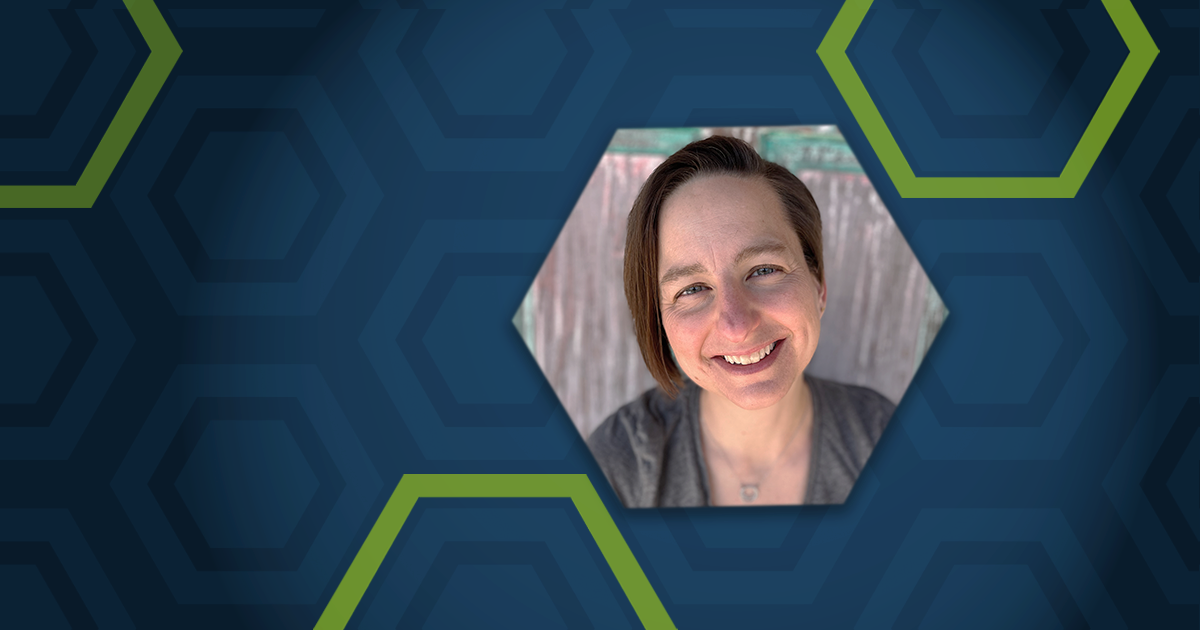We sat down with Jennifer Anderson, M.D., neonatologist at Presbyterian Hospital in Albuquerque, N.M. After completing her medical training in Boston, Dr. Anderson and her husband decided they wanted an adventure for their family and headed to the Southwest, which they’ve called home ever since. She’s been with the group for 13 years and currently serves as Practice Medical Director.
Watch the video for the full interview or check out the highlights below!
What do you think it means to be a woman in health care today?
This is a tougher question for me. I think it’s important for all underrepresented groups to be more represented in health care. By that, I mean women, people of color and the LBGTQ community. It’s really important for our patients to see themselves in us—I think it helps to build a trusting relationship. We all bring our personal stories—I'm a woman and a mother, and I think I can connect with people because of that in a unique way that maybe a male physician can’t. I just think it’s really important for our patients to have their voices be present in the medical field.
What are some of the challenges?
I think a lot of the challenge of being a woman in medicine isn't necessarily being a woman in practice, although sometimes that can be challenging. I've certainly had people not know that I'm the doctor because I'm a woman. But I think for me, the challenge has come around being a mother and a woman. And not to say that dads don’t have guilt about missing things, but I think it’s a special kind of mom guilt that we experience. I've missed countless performances, baseball games, field trips, and I've never gotten to be the class mom—all those types of things. And that’s really hard. And being a neonatologist especially, our schedule is that we work nights, holidays and weekends, so being away from your family at Christmas is definitely challenging. I think because of that, your kids end up becoming very resilient people and have a real appreciation of how important your job is and what you do for others. I like to think, or I hope, that it’s helping them to become better human beings as they watch me go through it. But I think that’s the most challenging thing—trying to balance being a mom and a doctor at the same time.
What are the positives for women?
In neonatology, being a woman in medicine is wonderful. I'm dealing with moms that are going through probably the most challenging time of their lives, and I think I'm able to empathize with them in a special way being a mother myself. I understand the really tight bond that you form with your baby when it’s inside, how much you start to love that baby when it’s growing inside of you and how difficult and challenging it is if there are any problems after your pregnancy. Neither of my kids spent time in the NICU, so I can’t necessarily experience exactly what my parents experienced, but there’s a lot of things I can empathize with—if a mom is having trouble breastfeeding, I can talk to her about the troubles that I had with breastfeeding. And I just feel like you connect with your parents on a very personal level that way, and I think it makes for a more trusting relationship with them. It helps to form a better connection with your parents when you’re able to connect in a mom-to-mom way.
How can women physicians best support fellow women physicians?
Well, I think if you’re a woman and you happen to be in a leadership position, you really need to be looking out for the women that are behind you and helping to bring them up to leadership positions. When you’re in meetings, recognize that sometimes women’s voices aren't the loudest voice in the meeting, and encourage them to make sure that their voice is heard. Make sure they realize they’re smart, and they have ideas and opinions that matter and they need to put their opinions into the fray in meetings. I think it's also important for women to give each other a little bit of slack. Most women that are in medicine are trying to juggle many things, between taking care of their aging parents and taking care of their own children. Instead of making them feel bad that they have to do other things other than just their job, encourage and support them through that, and realize that that’s actually part of what makes them incredible doctors—is that they have a rich life and they’re able to multitask and juggle—that’s part of what makes women so good in medicine. So, encourage that rather than chastise them for that.
Interested in joining our team of talented neonatologists? Explore our career opportunities.

